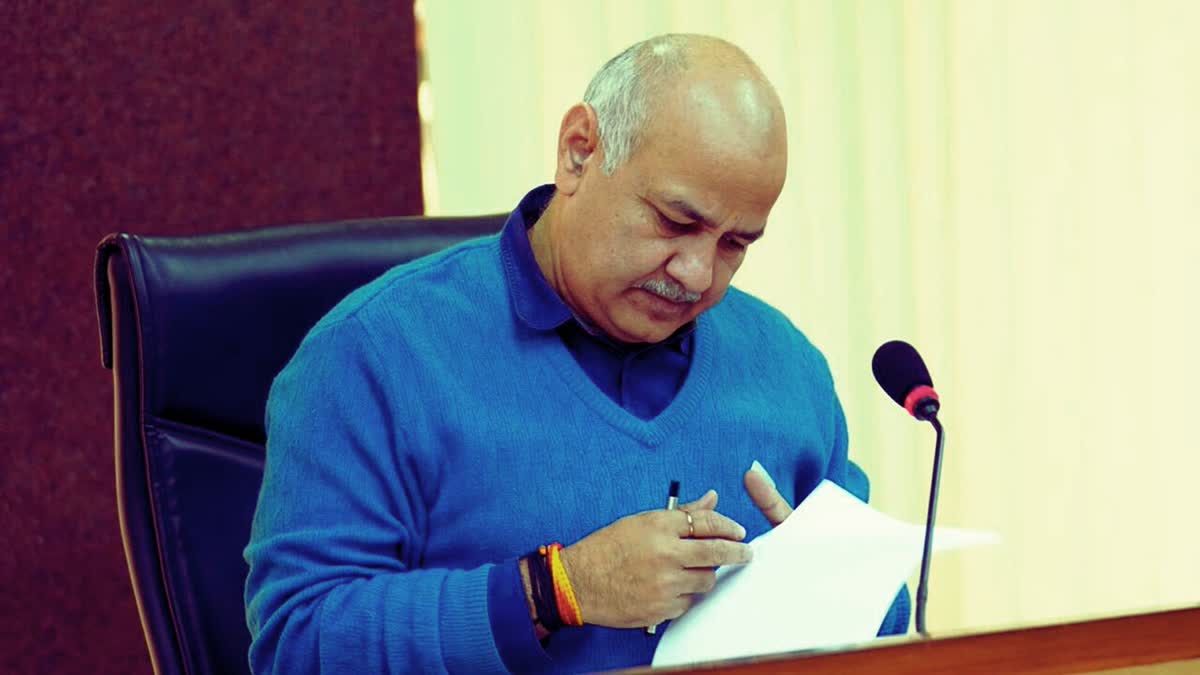New Delhi: The Supreme Court Monday dismissed bail pleas of former Delhi deputy chief minister Manish Sisodia who was arrested in the Delhi liquor policy scam.
A bench comprising justices Sanjiv Khanna and S V N Bhatti said “one aspect regard to transfer of money Rs 338 crores, is tentatively established. We dismiss application for bail”. On October 17, the Supreme Court had reserved the order on bail pleas of Sisodia.
The apex court had said the trial should be completed in 6-8 months and Sisodia can apply for bail again if the trial proceeds slowly.
During the hearing, senior advocate Abhishek Manu Singhvi, representing Sisodia, had submitted before a bench comprising justices Sanjiv Khanna and S V N Bhatti that there was no allegation of bribery against his client in the CBI predicate offence under the Prevention of Money Laundering Act (PMLA).
Singhvi had stressed that if there is no predicate offence, ED can't be there and the bribe in connection with the modification of the liquor policy with regard to airport licences, is not part of the predicate offence.
Justice Khanna had asked additional solicitor general S V Raju, representing the CBI and ED, if it is not part of the predicate offence that this bribe was paid, then “you may be in difficulty in proving PMLA”.
The bench further queried if you had said a bribe of Rs 2.2 crores was paid for tweaking the policy, yes. “But you cannot create a predicate offence in your PMLA case. We cannot go on an assumption. Whatever protection is given in the law will be fully extended”, observed the bench.
Raju argued that as per Section 66 (2) of the PMLA, the ED can intimate the jurisdictional police about any new information. The bench said it has not been done, therefore the court will not go on presumption. Singhvi contended that the generation of proceeds of crime occurs only in the predicate offence as per the Vijay Madanlal Chaudhary judgment. After hearing detailed submissions, the apex court reserved its order.
The agencies have alleged that AAP used the money for campaigning in the Goa assembly elections. They also claimed that AAP was a beneficiary of the kickbacks received from stakeholders who got liquor licences as part of a quid pro quo.
While hearing the plea, the apex court said the ED cannot go by the assumption of bribe having been paid, and observed that whatever protection an accused enjoys under law has to be granted.
